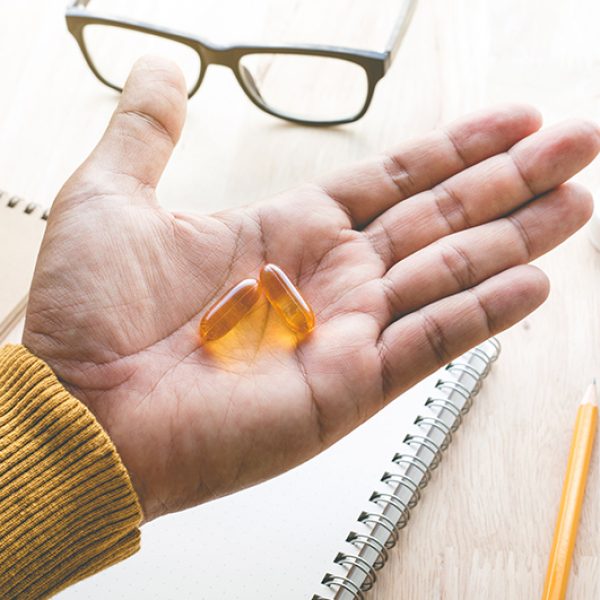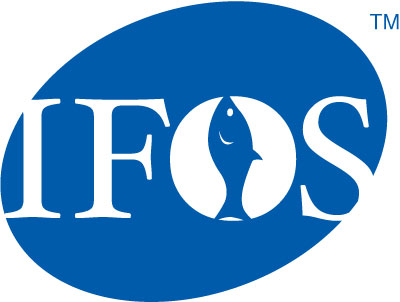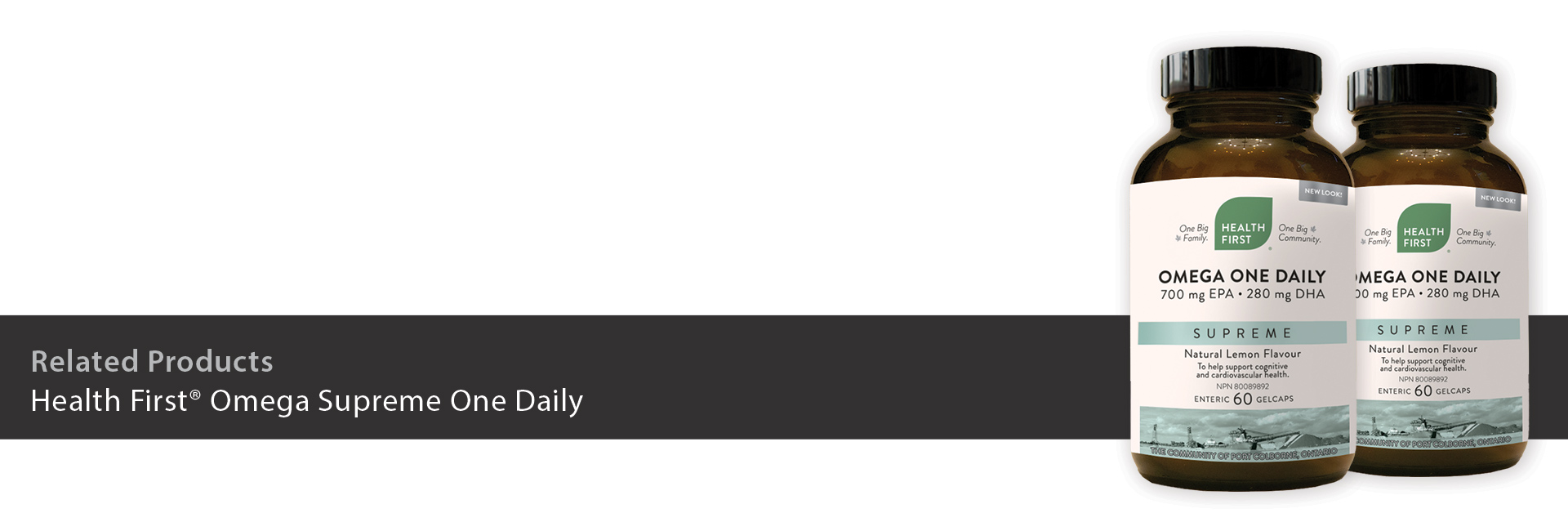

Choosing The Right Omega Supplement
When it comes to nutritional supplements, perhaps no category has grown faster and become larger than that of omega-3 essential fatty acids. Backed by ever-increasing scientific support, omega-3’s have become the daily supplement of choice for Canadians wanting to support their cardiovascular and brain health. The primary source of omega-3 is fish oil, which is rich in the two most important omegas: EPA (eicosapentaenoic acid) and DHA (docosahexaenoic acid).
As the market for omega-3’s has grown, so too have the number of product choices that consumers have available to them. With so many omega-3 supplements on the market, what key product features should consumers be evaluating?
Potency – Fish oil is a rich source of omega’s EPA and DHA, but not all fish oils are equal in their concentration of EPA and DHA. EPA will generally range between 6% and 50% in a given fish oil, while DHA will range between 9% and 20%. This percentage depends on the fish species used in the oil and the concentration that has been achieved during the processing of the oil. Processing methods such as molecular distillation can more than double the naturally occurring concentration levels of omega-3. Concentrating the oil can make supplementation more convenient for users – they can get higher amounts of omega-3 in a smaller amount of oil or fewer doses.
In order to register a fish oil supplement with Health Canada’s Non-prescription and Natural Health Products Directorate making cardiovascular and brain health claims, there must be a sufficient amounts of EPA and DHA. For cardiovascular health benefits, there must be a minimum of 250 mg combined EPA and DHA. For brain benefits, there must be a minimum of 250 mg of DHA. With softgel capsules, consumers are often required to take several capsules to obtain these amounts of EPA and DHA. If consumers are not compliant with dosage directions by taking the required number of capsules per day, they will not get the full benefits of supplementation.
Quality and safety – The fish sourced for omega-3 supplements and how the oil is processed can impact the quality of a fish oil supplement. Fish are harvested from our oceans which are subject by natural and man-made contaminants. While fish oils are cleaned during processing, back-up testing must be done to ensure that the oil has been effectively cleaned. Smaller fish, such as anchovy and sardine, are less likely to contain heavy metals and contaminants because they are lower in the food chain, but quality processing is the major determinant in ensuring a safe fish oil.


One way to ascertain if you are using a quality fish oil product is to seek out reputable third-party organizations that independently test fish oil supplements. The International Fish Oil Standards or IFOS, is one such organization. Supplement makers that submit their oil to IFOS for independent testing generally feature the IFOS logo on their label. By visiting the IFOS website (ifosprogram.com), one can look up specific batches of fish oil supplements to view the testing results. IFOS also rates all oils on a five-star rating system, with five stars representing an exceptional quality fish oil product, zero or one stars representing poor quality. IFOS testing covers many different area of quality, including:
- EPA and DHA potency
- Heavy metal testing (such as lead and arsenic)
- Environmental contaminants (such as polychlorinated biphenyls or PCBs)
- Freshness (ensuring peroxide values are low)
Comfort – One reason some consumers stop taking fish oil is due to reflux or “burp back” issues which lead to a fishy after-taste. This can be even more common with high-potency EPA and DHA omega-3 supplements. To minimize the potential of reflux, one can look for fish oil gelcaps that are enteric-coated. Enteric-coating of the gelcap prevents the dispersion of the oil in the stomach, instead breaking down in the intestine and helping to avoid reflux.
Sustainability – Fish are a limited resource on our planet. With the human population continuing to grow and fish being the primary source of protein for a large percentage of that population, fish stocks are under continual pressure. While consumers want the benefits of omega-3’s, most would like to know that the supplement they have chosen minimizes the impact on our ocean resources. Programs like Friend of the Sea, a non-governmental organization, have been set up in recent years to monitor the impact of fishing activities.
Friend of the Sea audits and certifies sustainable fisheries and aquaculture to ensure:
- Target stock cannot be overexploited
- Fishing method does not impact seabed
- By-product must not be on endangered list
- Fishing method must be selective with under 8% discards
- Mesh size and equipment must be compliant
- Energy and waste management programs must be in place
Only fisheries that meet these standards are certified as supplying products that are a “Friend of the Sea.”
Omega Supreme: A Supreme Choice!
When you are evaluating the many fish oil supplements on the market, one supplement to consider is Omega Supreme One Daily from Health First. Omega Supreme One Daily addresses many of the issues that consumers need to evaluate when seeking a quality fish oil product:
Potency – Omega Supreme is one of the highest potency omega-3 supplements on the Canadian market. This concentrated fish oil provides 700 mg of EPA (50%) and 280 mg of DHA (20%) in a single gelcap. This high potency is why Omega Supreme is known as a “One Daily” formula. With just one gelcap, consumers can meet Health Canada’s daily requirement for cardiovascular and brain health. This makes for a very convenient supplement.
Quality and safety – Omega Supreme One Daily is a product that is tested by the International Fish Oil Standards organization. By looking up “Health First” brand on the ifosprogram website, one can review the testing results that led to Omega Supreme being awarded a maximum five-stars quality rating by IFOS.
Comfort – Omega Supreme One Daily is enteric-coated to prevent reflux or “burp back” that can affect some users of fish oil supplements.
Sustainability – The fish sourcing chain involved in the oil used in Omega Supreme One Daily has been audited by the Friend of the Sea organization and meets its strict standards for minimizing environmental impact.

